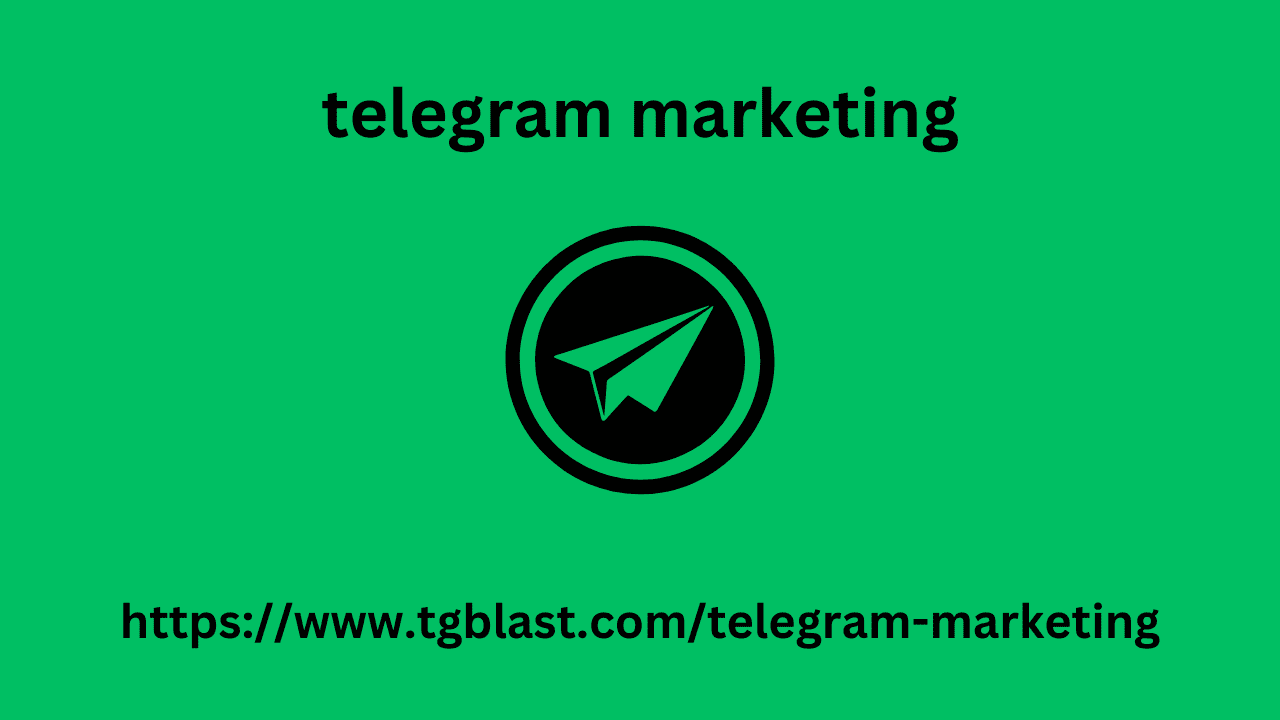Online advertising administration panels (Google Ads or Meta) are a perfect example of how artificial intelligence will enter our professional lives.
The introduction of conversational AI to the Google Ads panel will certainly speed up the creation of ads for large marketing departments and will drastically improve their quality for small companies, where founders try to squeeze as much as possible telegram marketing out of their budget.
The current change seems small, gradual, quantitative. It’s just a bit easier to create an ad.
The question is what will come next. When will we get a Google or Meta panel, where a business owner or CMO can simply throw in an Excel file with a sales plan and get a media plan and a set of 136 creatives to choose from? Of course, they won’t look through them, because they’ll know that the system will choose better and more effectively on its own. Maybe a person will reject a few of them based on their own aesthetic or ethical preferences.
In my opinion, change will come first gradually, and then suddenly. One day – maybe in a year, maybe in two, it will turn out that people are not the authors, but rather the blockers of good online campaigns.
Contents:
- Gemini AI in Google Ads
- How will search engines change?
- Zoom is passé, time for something new
- Chrome with AI support
- Politics bot banned
- Hilton on Roblox
- Netflix is doing well
- AI-enhanced selfies
- Marketing spending is rising
- Waiting for the sauce
- Shorts
- Weekly Tool
- AI in Marketing Automation. Knowledge from the blog
Gemini AI in Google Ads
Gemini, Google’s advanced AI model, has been available on the market since December 2023. Now it’s time for integration with several other solutions 5 best comments wordpress plugins from the Mountain View giant, led by Google Ads. This combination looks really promising: advertisers who participated in early tests reported creating campaigns in search results that achieved better results with less work.
How will search engines change?
Google’s SGE ( Search Generative Experience ) is a new version of the AI-powered search engine. BrightEdge estimates that as many as 84% of queries powder data will be answered by artificial intelligence. Users will no longer have to click on links in search results and go to a page to find the information they need, as is the case now. This means, among other things, a significant drop in website traffic – we’re talking about a 20-30% drop.

